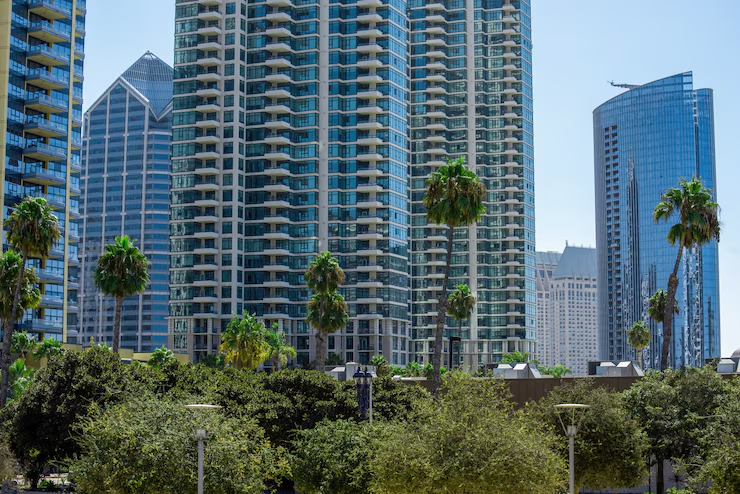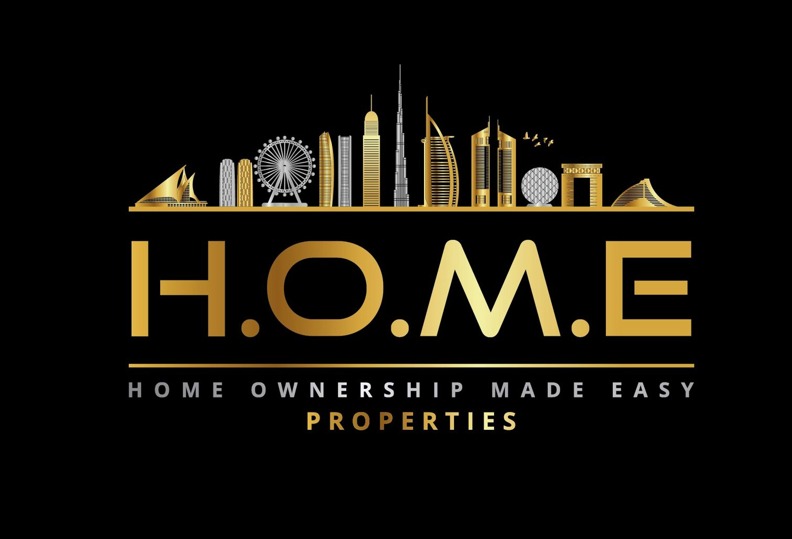
Dubai’s booming real estate market has long been dominated by residential and commercial investments, but a new and rapidly growing niche is now drawing attention from institutional investors: educational real estate. School campuses, once considered mission-driven community assets, are now being viewed as lucrative, long-term investment opportunities.
Two major deals in 2025—the acquisition of North London Collegiate School (NLCS) Dubai by Amanat Holdings and Hartland International School by Elevate—signal a strong shift in how educational infrastructure is being positioned within Dubai’s broader real estate ecosystem. These landmark transactions underscore the increasing recognition of schools as high-yield, low-volatility assets in a city where education and property are both in high demand.
A Growing Appetite for Education-Focused Real Estate
Dubai’s population is expanding rapidly, bolstered by its open visa policies, growing expatriate community, and its appeal as a global business and lifestyle destination. With population growth comes a surge in demand for high-quality education. According to the Knowledge and Human Development Authority (KHDA), over 300,000 students are enrolled in private schools in Dubai, with more than 200 schools operating across the emirate.
This growing student base has created steady demand for top-tier educational infrastructure. At the same time, operators are seeking capital-light models that allow them to focus on educational delivery while divesting the capital-intensive ownership of real estate. This has created an attractive opening for investors looking for long-term, stable returns.
Amanat Holdings: Doubling Down on Education
In a standout deal, Amanat Holdings, a Dubai-listed investment firm with a strategic focus on healthcare and education, announced the acquisition of the real estate assets of North London Collegiate School (NLCS) Dubai. The AED 405 million (approximately $110 million) transaction secures a prized property in Sobha Hartland, a high-end residential district in Mohammed bin Rashid Al Maktoum City.
The NLCS Dubai campus spans over 38,000 square meters and includes world-class facilities: eight science laboratories, two indoor swimming pools, a performing arts center, multiple sports fields, and purpose-built classrooms. Amanat will lease the campus back to the school operator under a long-term agreement, ensuring stable, recurring income with minimal operational risk.
This move aligns with Amanat’s long-term strategy to invest in core assets within the GCC’s knowledge economy. The firm’s CEO emphasized that the acquisition reflects their confidence in Dubai’s education sector and the sustainability of income from premium school assets.
Elevate’s Strategic Entry into the GCC Market
Shortly after the Amanat deal, Elevate, a real estate investment platform backed by Rava Partners and Alta Capital, announced its first acquisition in the Gulf region—the real estate of Hartland International School, also located in Sobha Hartland.
The AED 367 million ($100 million) deal positions Elevate as a significant new player in Dubai’s educational real estate segment. Like Amanat, Elevate will act as a landlord, leasing the property to the school operator while benefiting from consistent cash flow and long-term capital appreciation.
This acquisition is part of Elevate’s broader plan to build a global portfolio of education infrastructure assets, particularly in fast-growing urban centers where private schooling is in high demand.
Why Educational Real Estate is So Attractive
Several key factors are driving investor interest in school real estate in Dubai:
1. Resilient Demand
The demand for quality private education is one of the most resilient sectors in the region. School enrollment continues to grow year over year, particularly among expatriate families who make up over 85% of Dubai’s population.
2. Long-Term Leases
Unlike typical commercial real estate, school leases often extend 10 to 20 years, providing investors with predictable and long-term income streams.
3. Limited Supply in Prime Areas
There is a finite amount of land allocated for educational use in central areas. As such, existing schools in locations like Sobha Hartland, Al Barsha, and Jumeirah enjoy scarcity-driven pricing power.
4. Operator-Landlord Partnerships
Operators increasingly prefer asset-light models. They manage and operate schools, while investors like Amanat and Elevate handle the ownership and maintenance of the real estate, ensuring capital efficiency on both ends.
5. Government Support
Dubai’s government continues to promote education sector growth, supporting regulatory frameworks that allow for private and foreign investment in education.
The Bigger Picture: Institutionalization of Dubai’s Education Sector
The deals by Amanat and Elevate are not isolated moves—they are part of a broader trend toward the institutionalization of the education sector in the UAE. Traditionally, many private schools were founded and operated by families or entrepreneurs. Today, however, we’re seeing the rise of structured capital, REITs, and private equity stepping into the space.
Education management firms such as Taaleem and GEMS Education are now exploring partnerships with asset managers and financial institutions to optimize operations and unlock capital tied up in real estate.
This model mirrors trends in other global cities like London, New York, and Singapore, where schools are increasingly owned by investment firms while being leased back to educational operators.
Risk Considerations
While the outlook is positive, investors must also consider several factors:
- Regulatory Risks: Tuition fee caps or policy changes by regulators like the KHDA can impact operator revenues.
- Market Saturation: Some parts of the city are becoming dense with education offerings, which may lead to increased competition.
- Economic Volatility: While school demand tends to be resilient, global economic shifts can influence expat populations and spending on premium education.
That said, the stability and length of school leases, combined with consistent demand and strong demographic trends, make these risks relatively manageable.
Conclusion: A New Class of Real Estate Assets
Dubai’s real estate market has always been dynamic, but the recent focus on educational real estate marks a new phase in its evolution. The transactions by Amanat and Elevate demonstrate that schools are no longer just social infrastructure—they are strategic, income-generating assets with robust investment profiles.
As the UAE continues to grow its population, diversify its economy, and emphasize knowledge-based sectors, educational real estate will likely gain further traction among institutional investors. With long-term leases, stable cash flows, and government backing, school campuses in Dubai may soon rival residential towers and office buildings as some of the most sought-after properties in the region.
In this increasingly diversified property market, one thing is clear: classrooms are becoming just as valuable as condos.





Leave a Reply